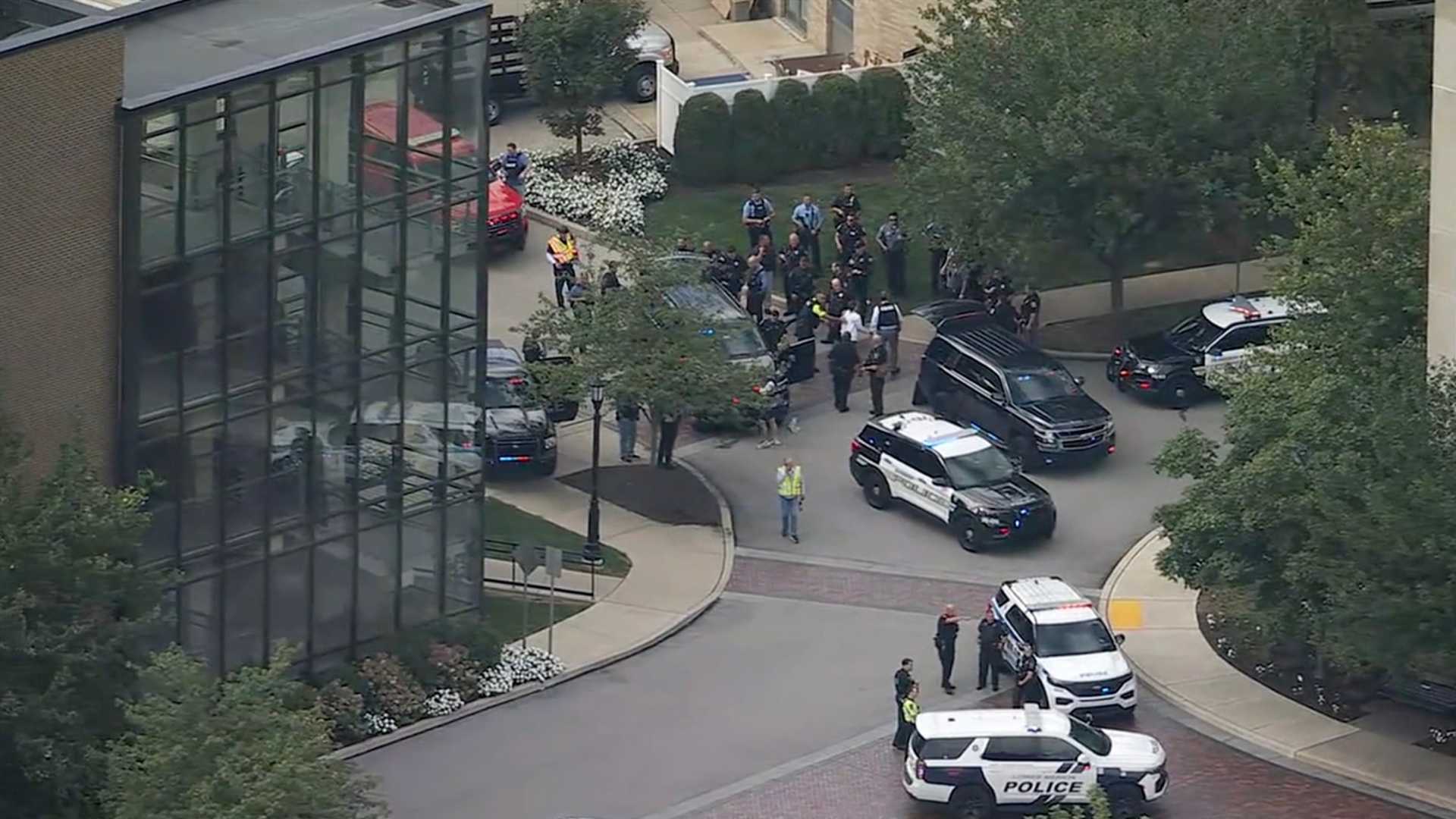News
Wave of False Shooting Threats Hits Universities Nationwide

DENVER, Colo. — On Monday, at least six universities faced false shooting threats leading to lockdowns and panic. This surge in hoaxes, known as swatting calls, has raised concerns across the country.
Experts believe nearly a dozen of these incidents reported in the past week may be linked to a group called “Purgatory,” according to an intelligence report from the Center for Internet Security. John Cohen, a former undersecretary at the Department of Homeland Security, emphasized the seriousness of such pranks, stating, “Swatting is not a benign endeavor. Law enforcement is taking it seriously; when identified, they are arresting and prosecuting them.”
On Monday, the University of Colorado Boulder responded to reports of an active shooter after a caller claimed to have heard gunshots near the campus library. However, first responders found no injuries or suspects upon arrival. This incident was part of a larger trend, with similar threats reported at the University of New Hampshire, University of Arkansas, Iowa State University, Northern Arizona University, and Kansas State University that day.
The University of South Carolina encountered two active shooter reports Sunday, one of which included background noises resembling gunfire. Meanwhile, police in Radnor Township, where a hoax targeted Villanova University last week, condemned the threats. Superintendent of Police Christopher Flanagan stated, “This is a serious issue. It is a crime. It is wrong. We are taking care of that.”
Cohen noted that swatting incidents often serve malicious purposes such as threats against public officials, disruption of events, or extortion. Bob Boyce, a retired NYPD chief of detectives, warned that motives can vary from revenge to notoriety, but stressed the legal ramifications are severe.
Potential federal charges can include false information, which can lead to five years in prison, and interstate transmission of threats, which could result in up to 20 years if injuries occur. Boyce urged swift prosecution for those involved, saying, “Now is the time to put it out there that these people are going to jail, or possibly could go to jail after prosecution.”
In February, California teen Alan Filion was sentenced to 48 months in prison for conducting over 375 swatting calls. The FBI has been monitoring the recent rise in swatting cases, offering reassurance of their serious approach to false threats, which waste resources and endanger lives.
The FBI stated, “The FBI is seeing an increase in swatting events across the country, and we take potential hoax threats very seriously.” They are collaborating with local law enforcement to assess threat credibility and encourage the public to report any suspicious activity.












